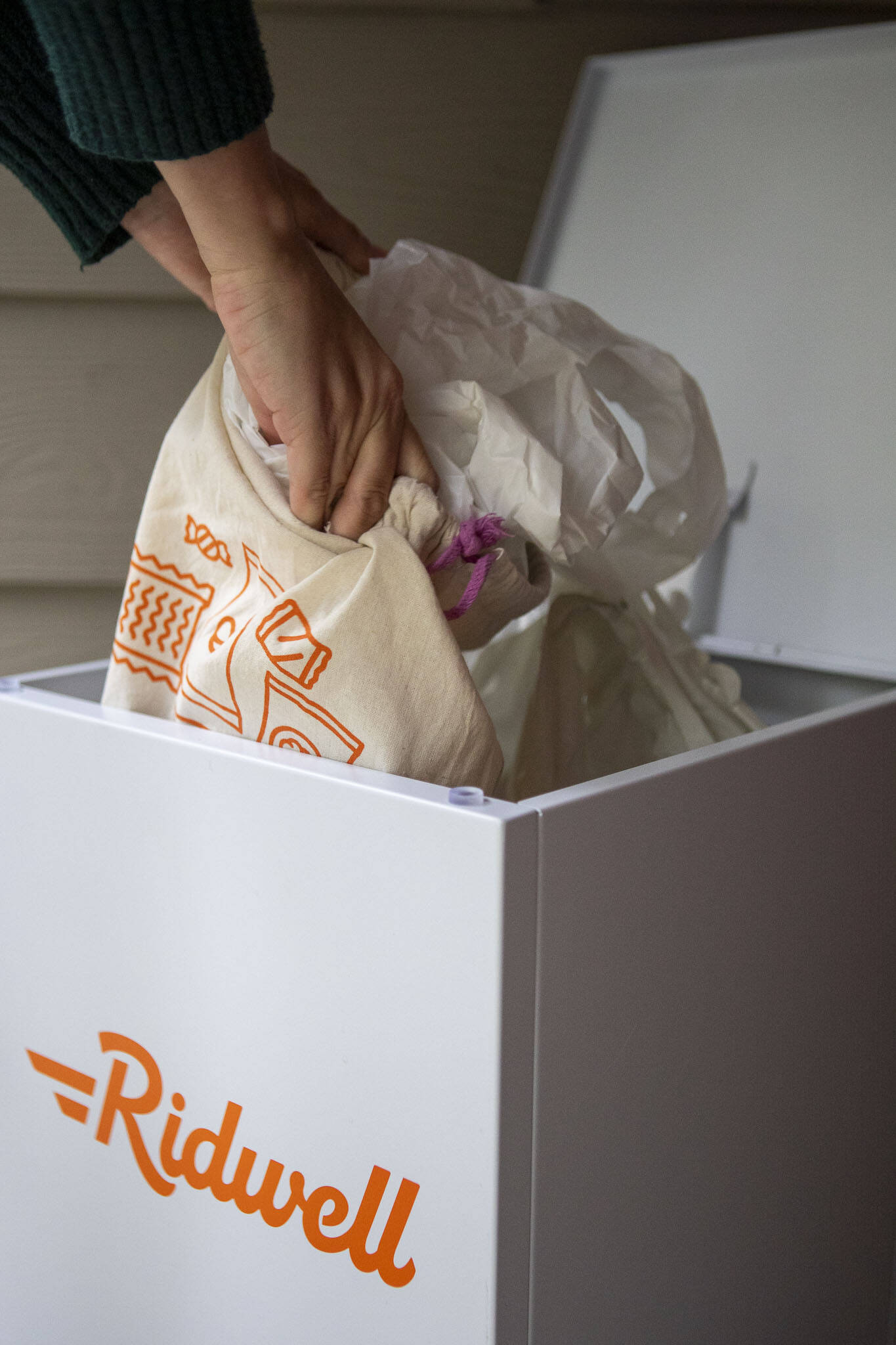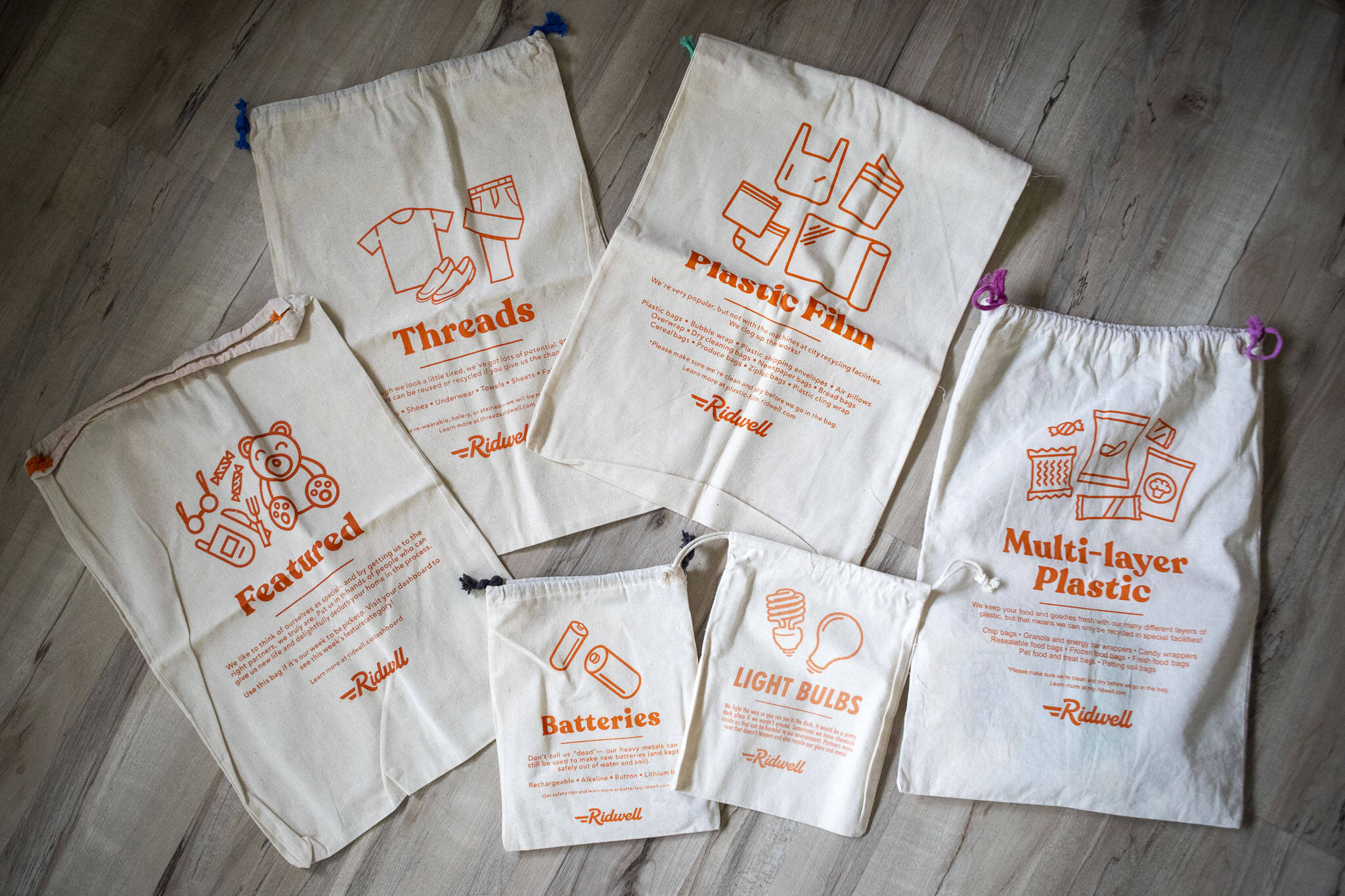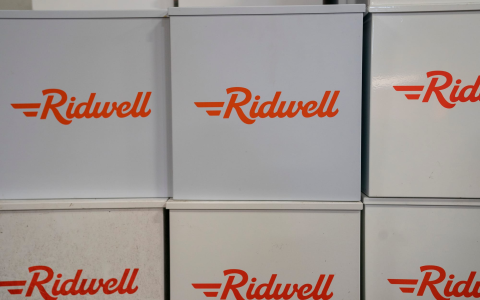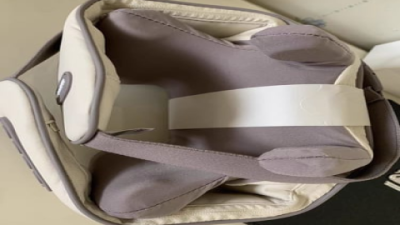Introduction: Understanding Ridwell and Its Service Model
Ridwell is a subscription-based recycling service that aims to fill the gap left by traditional municipal recycling programs. It specializes in collecting hard-to-recycle items such as plastic film, batteries, lightbulbs, and electronics directly from customers’ doorsteps. For a monthly fee starting around $ to $18, Ridwell offers biweekly pickups, promising sustainable reuse or recycling of materials that often end up in landfills.
However, the question remains: Is Ridwell’s customer service and overall value worth the recycling fee? This article dives deep into Ridwell reviews, exploring the service’s strengths, weaknesses, and real-world user experiences. We will also compare Ridwell with a similar service, Trashie, and provide a practical guide on how to use Ridwell effectively.
Problem: The Challenge of Hard-to-Recycle Waste
Many consumers find themselves stuck with items that traditional recycling programs won’t accept. Plastic films, multi-layer packaging, batteries, and certain electronics are notoriously difficult to recycle curbside. This creates a problem for environmentally conscious individuals who want to reduce landfill waste but lack convenient options.

Ridwell addresses this gap by offering a specialized pickup service for these tricky materials. However, this convenience comes at a cost, and some users question whether the fee justifies the service quality and environmental impact.
Common Issues Highlighted in Ridwell Reviews
- Missed pickups or delayed service causing accumulation of waste at home.
- Access problems in apartment buildings or secure residences.
- Concerns about transparency regarding the actual recycling process.
- Pricing tiers that may feel steep for some households.
Interestingly, some users report excellent customer service with supervisors personally resolving issues, while others feel the service falls short in communication and reliability.
Solution: How Ridwell Works and What Sets It Apart
Ridwell provides customers with reusable bags to collect hard-to-recycle items. Every two weeks, a driver picks up these bags from the customer’s doorstep, taking the hassle out of finding specialized recycling centers. Ridwell partners with various recycling facilities to ensure materials are processed responsibly.
It is worth noting that Ridwell claims about 97% of collected materials are recycled or repurposed, a figure supported by statements from recycling partners involved in chemical recycling and material repurposing. This high recycling rate contrasts with typical single-stream curbside recycling, which often suffers from contamination issues.
Step-by-Step Guide to Using Ridwell
- Subscribe to a Ridwell plan that fits your recycling volume and material types.
- Receive Ridwell bags designed for specific materials like plastic film or batteries.
- Fill the bags with accepted items and store them until pickup day.
- Schedule pickups easily through the Ridwell app or website.
- Place bags outside your door on pickup day for collection.
- Track your recycling impact through the Ridwell app’s notifications and reports.
Case Study: Our Team’s Experience with Ridwell
In our team's case, we subscribed to Ridwell’s basic plan for three months. We found the service convenient and appreciated the ease of scheduling pickups. The app’s transparency about where materials were sent added confidence. However, we did experience one missed pickup, which was promptly addressed by customer service with a credit and a personal follow-up from a supervisor.
Overall, Ridwell helped reduce our landfill waste significantly, especially with items like plastic film and batteries that we previously struggled to recycle. This firsthand experience aligns with many positive Ridwell reviews praising the company’s mission and customer engagement.
Comparison Analysis: Ridwell vs. Trashie
| Feature | Ridwell | Trashie |
|---|---|---|
| Service Type | Biweekly doorstep pickup | Mail-in recycling bags |
| Materials Accepted | Plastic film, batteries, electronics, foam, etc. | Clothing, textiles, shoes |
| Recycling Rate | Approx. 97% recycled or repurposed | 70% textiles reusable, 20-25% recyclable |
| Pricing | $14-$24/month depending on plan | Pay per bag mailed |
| Convenience | Pickup at home, app scheduling | Order bag, fill, mail back |
This comparison highlights Ridwell’s focus on convenience and a broad range of materials versus Trashie’s specialization in textiles and mail-in service. Ridwell’s pickup model aligns well with daily habits, potentially increasing participation rates.
Common Misconceptions About Ridwell
Is Ridwell Customer Service Worth the Recycling Fee?
Ridwell’s customer service is a mixed bag according to reviews. Some users praise the company’s responsiveness and problem-solving approach, while others report frustration with missed pickups and communication gaps. However, it is worth noting that Ridwell has supervisors who personally intervene to fix problems, showing a commitment to customer satisfaction.
From an environmental perspective, the fee supports a service that diverts significant waste from landfills. For those serious about reducing their footprint, Ridwell offers a convenient solution that traditional recycling lacks. The question is whether the convenience and environmental benefits justify the monthly cost for each user’s situation.
Conclusion: Balancing Cost, Convenience, and Environmental Impact
Ridwell reviews reveal a service that fills an important niche in recycling hard-to-process materials. Its customer service, while not perfect, generally aims to meet user needs and resolve issues promptly. The recycling fee supports a system that achieves a high recycling rate and reduces landfill waste.

For individuals seeking convenience and committed to sustainable living, Ridwell is worth considering. However, users in apartment buildings or with irregular schedules should weigh potential access and pickup challenges. Overall, Ridwell represents a promising approach to tackling recycling challenges in today’s waste landscape.
By understanding the service’s strengths and limitations, consumers can make informed decisions about whether Ridwell fits their recycling goals and budget.
Sources:
- User discussions on Ridwell’s service and recycling scope, Bogleheads Forum, 2024.
- Customer reviews and app store feedback, Ridwell App, 2024.
- Comparative analysis of Ridwell and Trashie recycling models, New York Times Wirecutter, 2025.
- Los Angeles Times article on Ridwell’s subscription service and environmental impact, 2024.



